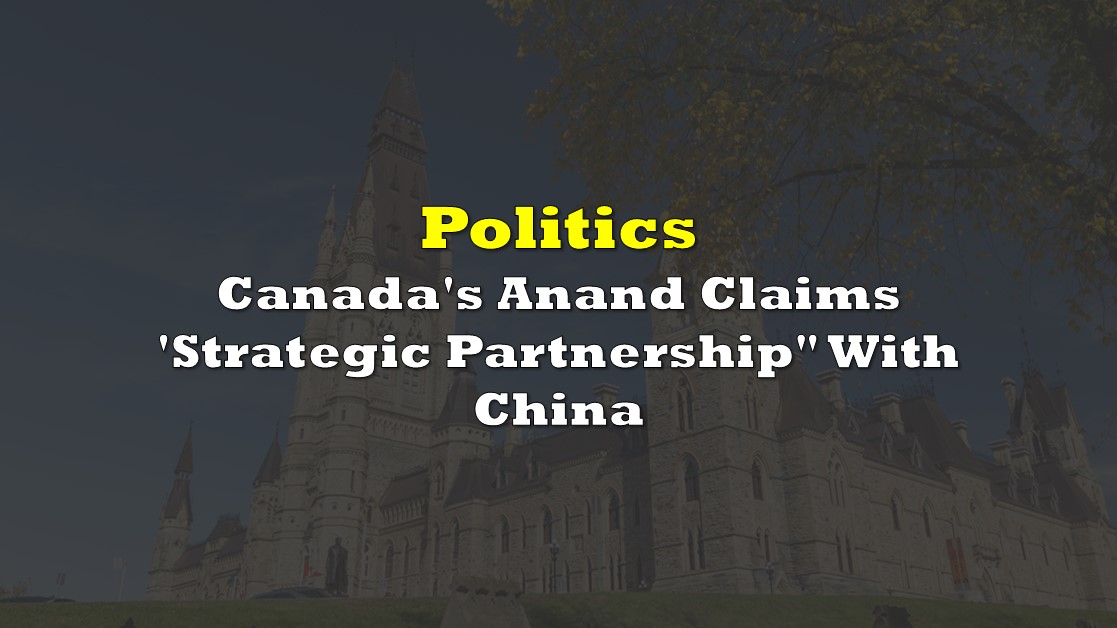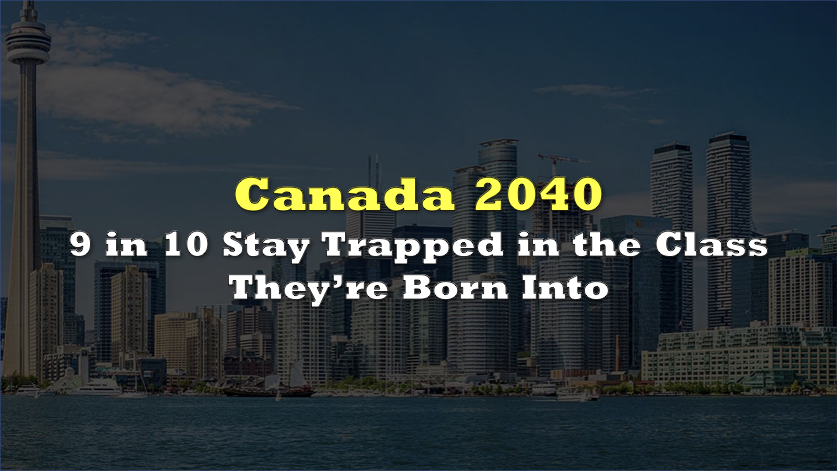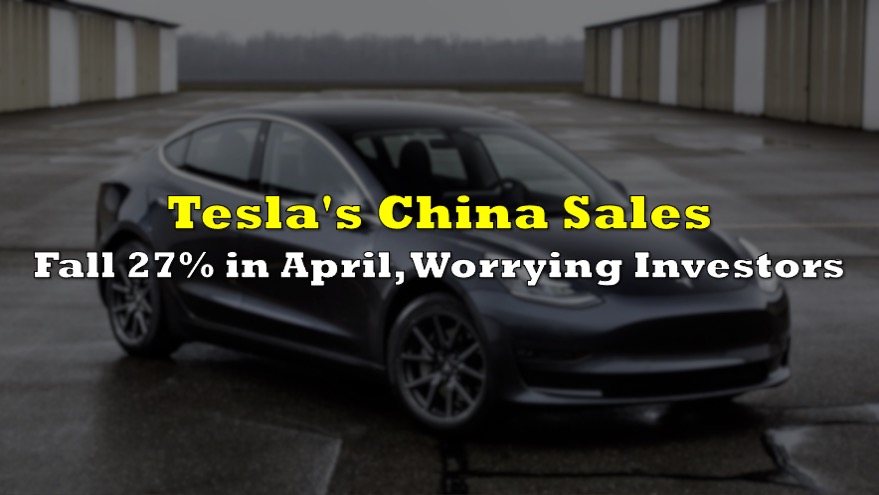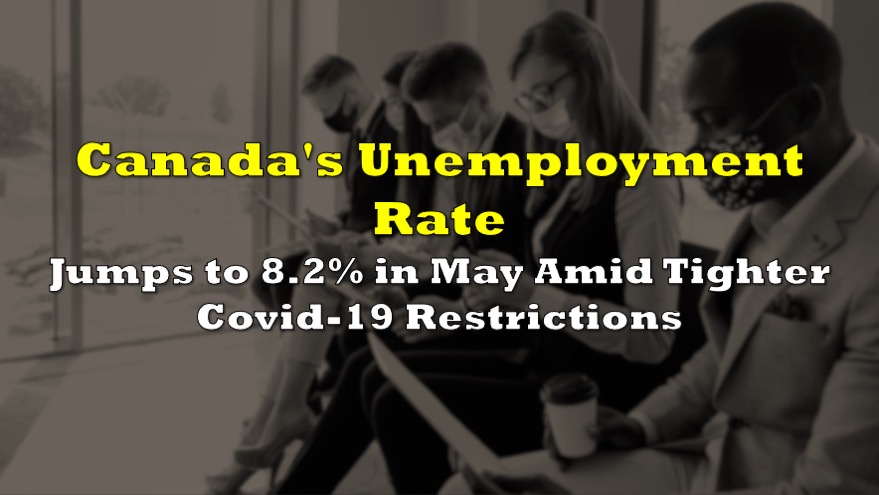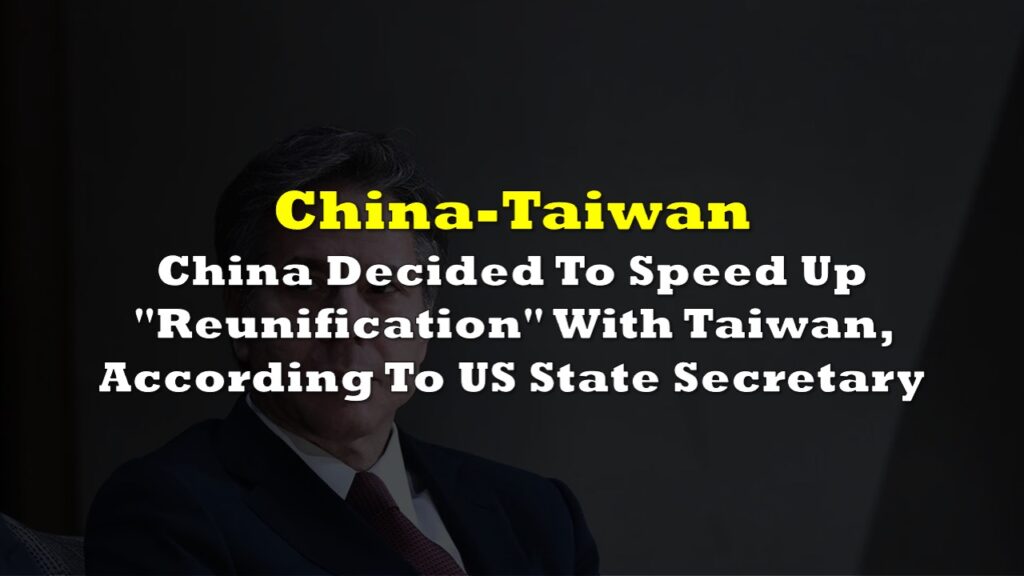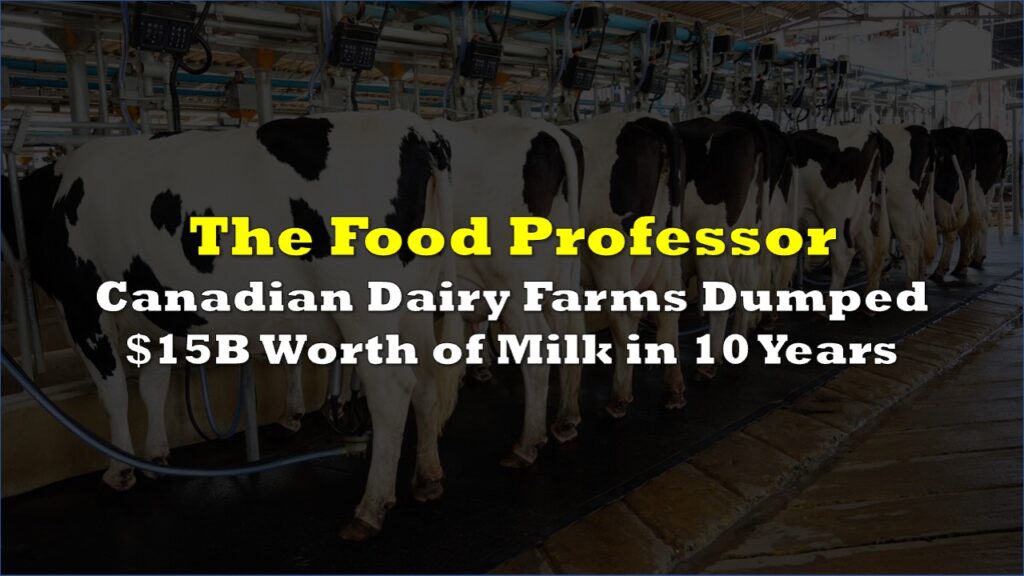Canada has entered what Defense Minister Anita Anand on Thursday called a “strategic partnership” with China, signaling a cautious but significant shift in Ottawa’s approach to Beijing. The announcement follows months of back-channel discussions, trade overtures, and renewed pressure from domestic industries eager for market access in China amid a turbulent global economic environment.
The agreement’s contours remain vague, but officials familiar with the discussions describe it as focusing on trade stabilization, climate collaboration, and limited technological cooperation.
“It’s necessary for us to lay the foundation, if we are going to find areas where we can further co-operate. [..] There are going to always be challenges in any relationship. The key is to be able to have the dialogue necessary to address the issues of Canadian concern,” commented Anand.
It comes at a time when the U.S., under President Donald Trump’s administration, has tightened tariff regimes targeting China and its trade partners, including Canada. The fallout has left Canadian exporters — particularly those in energy, agriculture, and minerals — searching for pragmatic alternatives.
Beijing’s ambassador to Canada recently suggested China would lift punitive tariffs on canola imports if Canada agreed to scale back its electric vehicle levies. The offer comes as Canadian farmers sit on record-high stockpiles of canola seed, a byproduct of both declining export markets and domestic oversupply. Analysts say a reopening of Chinese markets could provide relief to the sector, which has been struggling under falling commodity prices and global demand contraction.
While the potential removal of tariffs presents economic upside, the broader strategic implications are complex. For years, Ottawa has walked a fine line between protecting national security interests and maintaining economic engagement with the world’s second-largest economy. The 2018 detention of Huawei executive Meng Wanzhou and Beijing’s subsequent imprisonment of two Canadian citizens still loom large in public memory.
Critics within the Conservative opposition warn that any deepening alignment risks undermining Canada’s commitments to democratic allies and exposing key industries to political leverage from Beijing.
READ: More Countries Convert Chinese Debt to Yuan to Cut Interest Costs
The timing of the announcement has raised eyebrows. The Royal Canadian Mounted Police recently confirmed it is reviewing new allegations of foreign interference in Prince Edward Island’s political processes, part of a broader investigation into overseas meddling. Government sources insisted the probe was unrelated to the China dialogue, but it nevertheless risks fueling skepticism among Canadians already wary of Beijing’s influence.
Ottawa’s broader strategic calculus appears to weigh economic pragmatism over ideological rigidity. Since taking power, Prime Minister Mark Carney’s administration has faced growing pressure from manufacturers and resource companies to adapt to shifting global supply chains. With the U.S. enforcing new tariffs and Europe pursuing stringent industrial policies, China’s markets remain a tempting lifeline — particularly for green technology firms, critical mineral producers, and agriculture exporters looking to diversify revenue streams.
Still, Washington’s reaction will be carefully watched. Canada remains deeply integrated with U.S. defense and trade infrastructure, and any perception of drift toward Beijing could strain cross-border coordination at a sensitive time. American officials have repeatedly urged allies to reduce technological dependencies on China, particularly in areas like energy storage, telecommunications, and mineral refining.
“We must be nuanced in our diplomacy. We must stress our concerns relating to security and public safety on the one hand, and we must seek to build additional supply chains on the other. That is pragmatism,” commented Anand.
For now, Canada’s “strategic partnership” with China appears designed to balance two competing imperatives: safeguarding domestic industries and maintaining credibility among Western allies increasingly skeptical of Beijing’s intentions. Whether Ottawa can maintain that equilibrium — particularly as domestic and geopolitical pressures intensify — will determine whether the initiative becomes a stabilizing bridge or another flashpoint in Canada’s wavering China policy.
Information for this story was found via CTV News, and the sources and companies mentioned. The author has no securities or affiliations related to the organizations discussed. Not a recommendation to buy or sell. Always do additional research and consult a professional before purchasing a security. The author holds no licenses.

